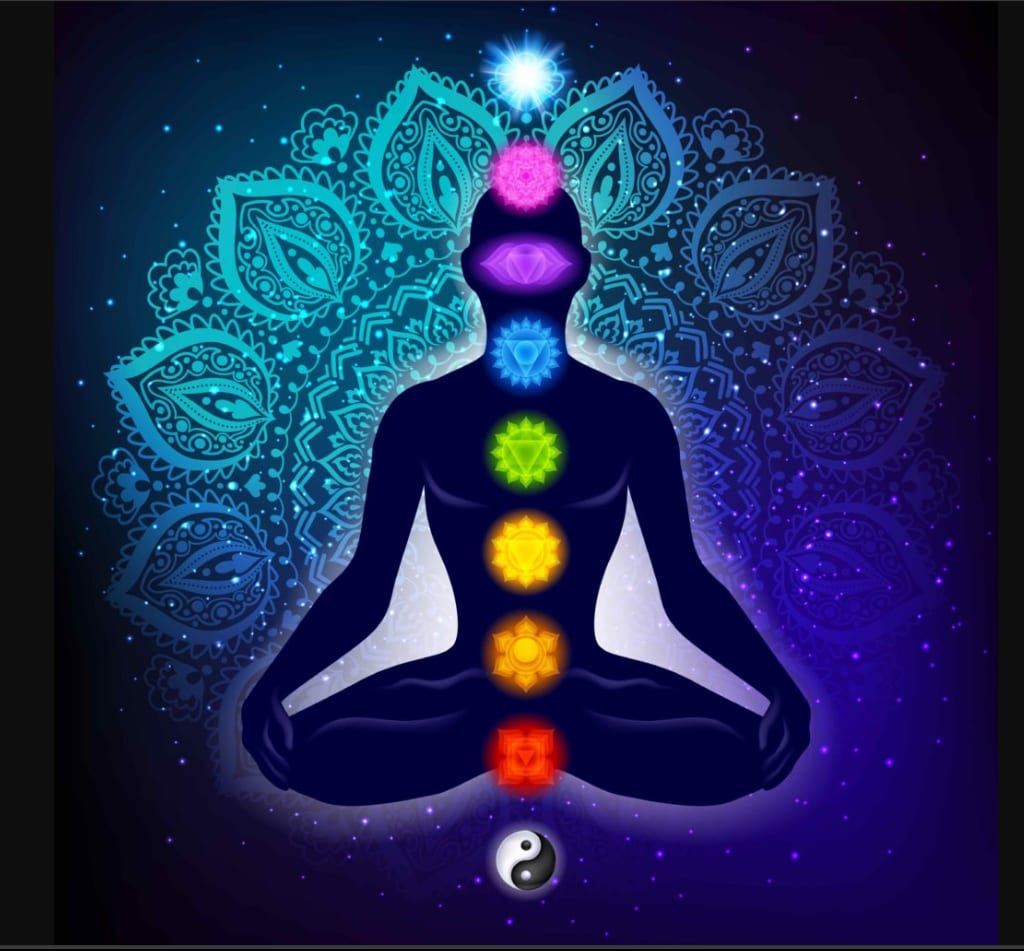
Consciousness, that mysterious and elusive phenomenon, lies at the very core of human existence. It is the essence of awareness—the subjective experience of being alive, perceiving the world, and contemplating our place within it. From the simplest sensations to the most complex thoughts, consciousness shapes our reality and defines our understanding of ourselves and the universe.
Throughout history, consciousness has captivated the minds of philosophers, scientists, and mystics, who have sought to unravel its mysteries and comprehend its nature. Yet, despite centuries of inquiry, consciousness remains one of the most enigmatic and elusive aspects of the human experience, defying easy definition and comprehension.
At its essence, consciousness encompasses a wide array of mental processes, including perception, cognition, emotion, and self-awareness. It is the inner voice that narrates our thoughts, the sensations that color our perceptions, and the stream of awareness that binds together the fabric of our existence.
The study of consciousness spans multiple disciplines, from neuroscience and psychology to philosophy and spirituality. In the realm of neuroscience, researchers seek to understand the neural correlates of consciousness—the underlying mechanisms and brain regions associated with subjective experience. Through advanced imaging techniques such as functional magnetic resonance imaging (fMRI) and electroencephalography (EEG), scientists have made significant strides in mapping the neural basis of consciousness, shedding light on the complex interplay of brain activity that gives rise to subjective awareness.
One prominent theory of consciousness is the integrated information theory proposed by neuroscientist Giulio Tononi. According to this theory, consciousness arises from the integration of diverse neural processes and information streams within the brain. The more integrated and interconnected the neural activity, the richer and more vivid the conscious experience.
Another influential theory is the global workspace model, which posits that consciousness emerges from the global broadcasting of information within the brain. Certain regions of the brain act as a "workspace" where information from various sensory modalities and cognitive processes is integrated and made available to conscious awareness. By amplifying and broadcasting relevant information to the rest of the brain, the global workspace allows for flexible and adaptive behavior in response to environmental stimuli.
In addition to its scientific dimensions, consciousness holds profound philosophical and spiritual significance. In Eastern traditions such as Buddhism and Hinduism, consciousness is viewed as the fundamental ground of being—the ultimate reality that underlies all phenomena. Through practices such as meditation and mindfulness, individuals seek to cultivate a deeper understanding of consciousness and attain states of heightened awareness and enlightenment.
Similarly, in Western philosophy and mysticism, consciousness is regarded as the seat of the soul—a divine spark that connects us to the transcendent source of all existence. Through contemplation, prayer, and mystical experience, seekers aspire to commune with the divine and awaken to the infinite depths of consciousness that lie beyond the confines of the ego.
In the realm of psychology, consciousness plays a central role in understanding human behavior and mental processes. From Sigmund Freud's exploration of the unconscious mind to Carl Jung's concept of the collective unconscious, psychologists have delved into the depths of consciousness to unravel the mysteries of human thought, emotion, and behavior.
Moreover, consciousness extends beyond the individual to encompass the collective awareness of humanity as a whole. In the age of globalization and interconnectedness, the collective consciousness of humanity is shaped by shared experiences, cultural narratives, and global events. From the rise of social media to the spread of viral memes and movements, the interconnectedness of the digital age has given rise to new forms of collective consciousness that transcend geographical and cultural boundaries.
Yet, amidst the vast expanse of human consciousness, there remains much that eludes our understanding. The "hard problem" of consciousness, famously articulated by philosopher David Chalmers, refers to the question of why and how subjective experience arises from the physical processes of the brain. In other words, what is it about the brain that gives rise to conscious awareness, and how do subjective experiences emerge from neural activity?
As we journey deeper into the mysteries of consciousness, we are confronted with profound questions about the nature of reality, the essence of the self, and the ultimate purpose of existence. While science and philosophy offer valuable insights into the nature of consciousness, they can only scratch the surface of this profound mystery.
In the end, consciousness remains a deeply personal and subjective experience—an ineffable aspect of the human condition that defies easy explanation. It is the wellspring of our humanity, the source of our creativity, empathy, and capacity for self-reflection. As we continue to explore the depths of consciousness, may we approach this profound mystery with humility, curiosity, and reverence, recognizing the infinite potential that lies within the boundless depths of our own awareness.
About the Creator
Enjoyed the story? Support the Creator.
Subscribe for free to receive all their stories in your feed. You could also pledge your support or give them a one-off tip, letting them know you appreciate their work.





Comments (1)
https://vocal.media/humans/progress-in-the-fight-for-gender-equality Give a read please, Ill be very thankful :)